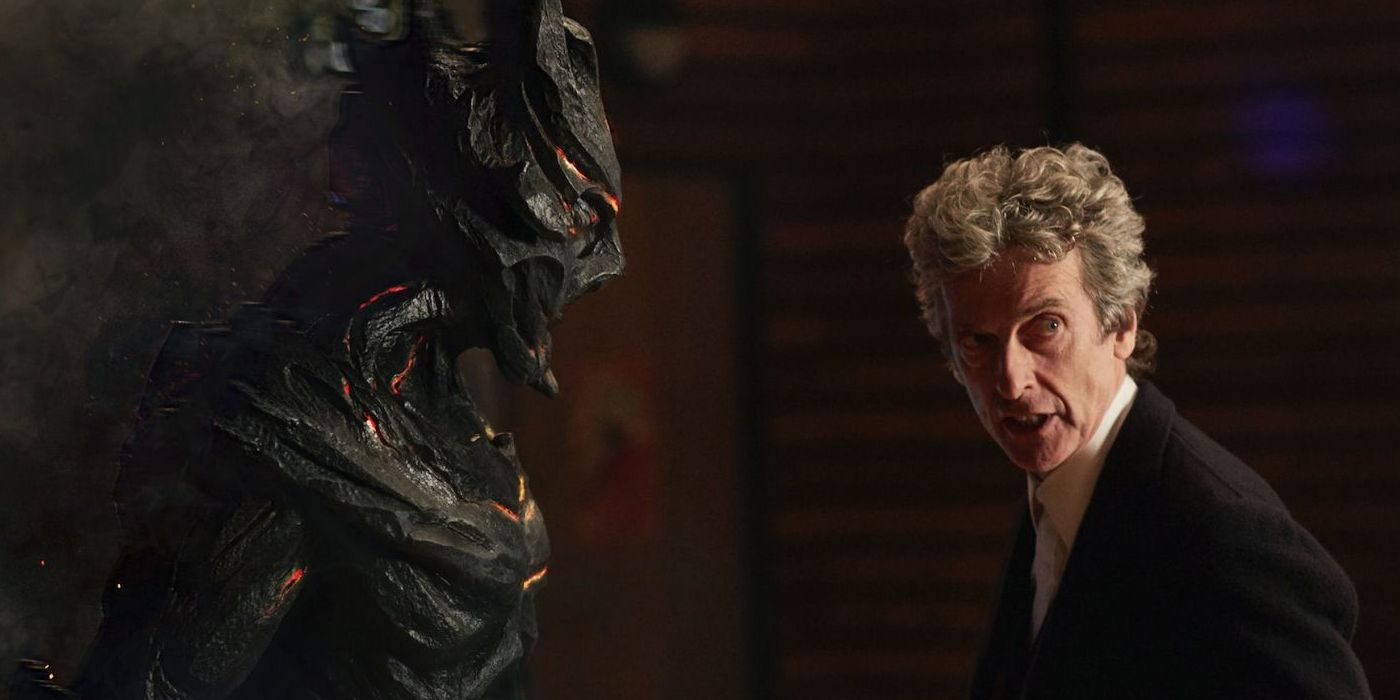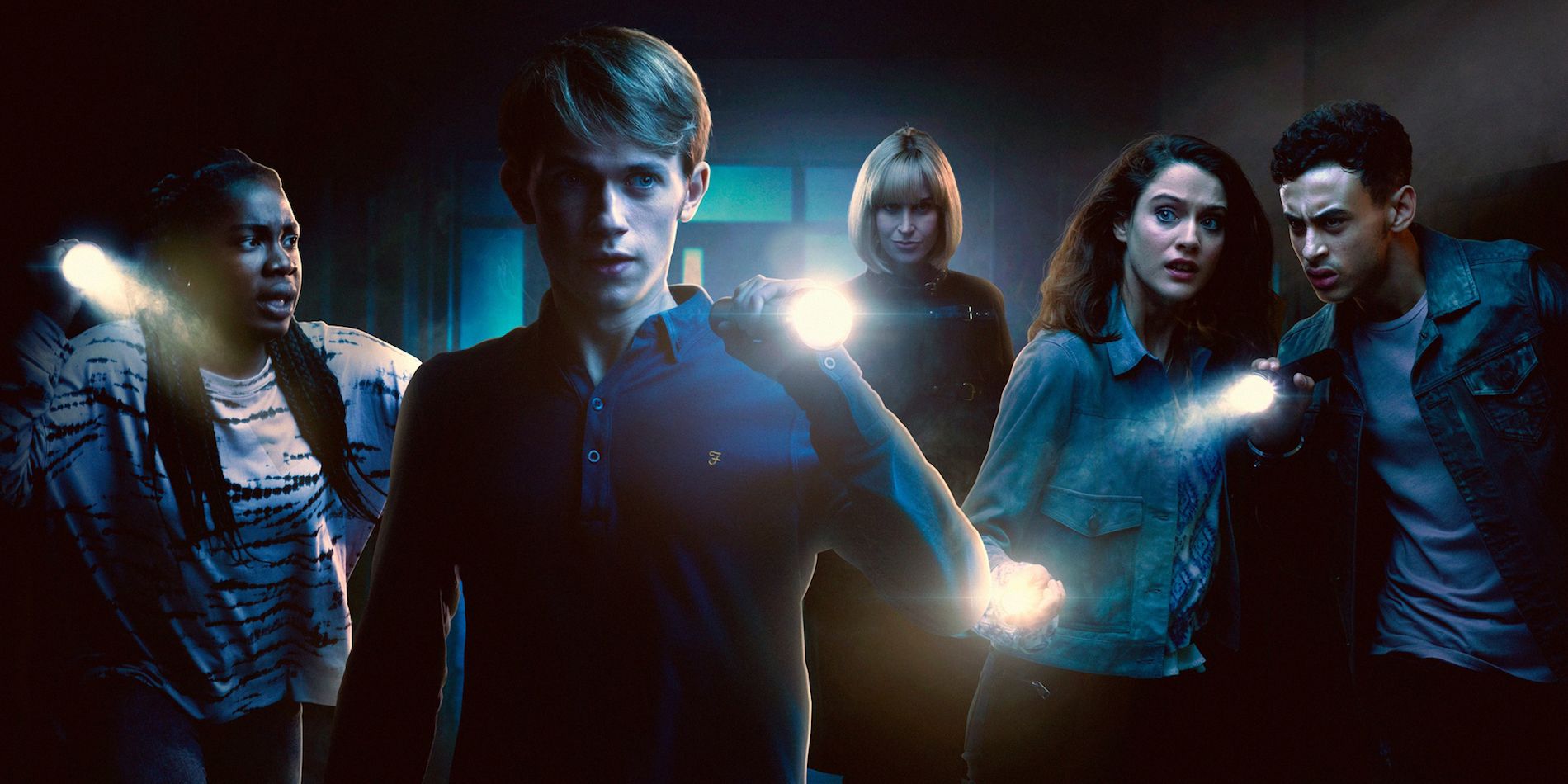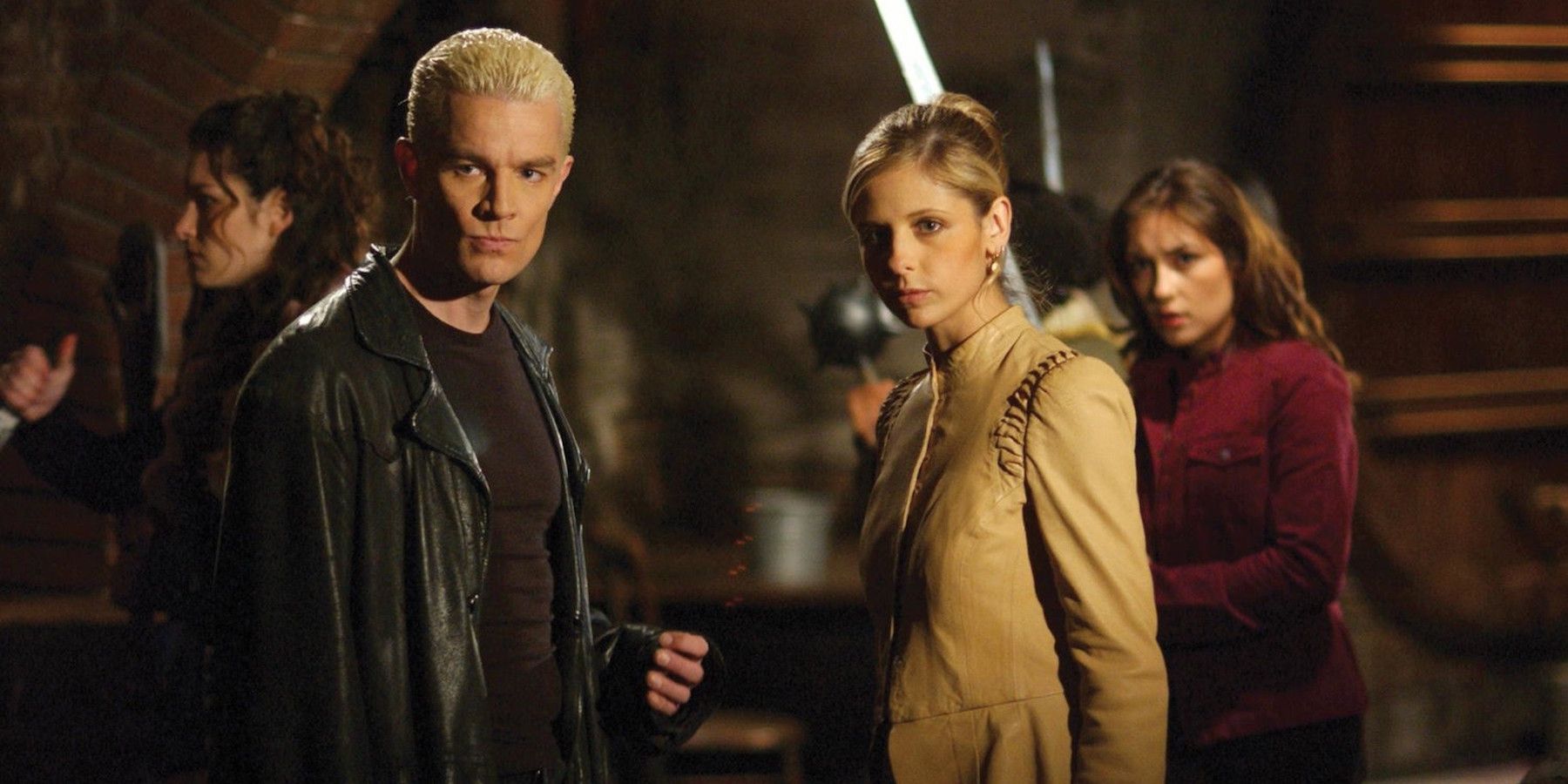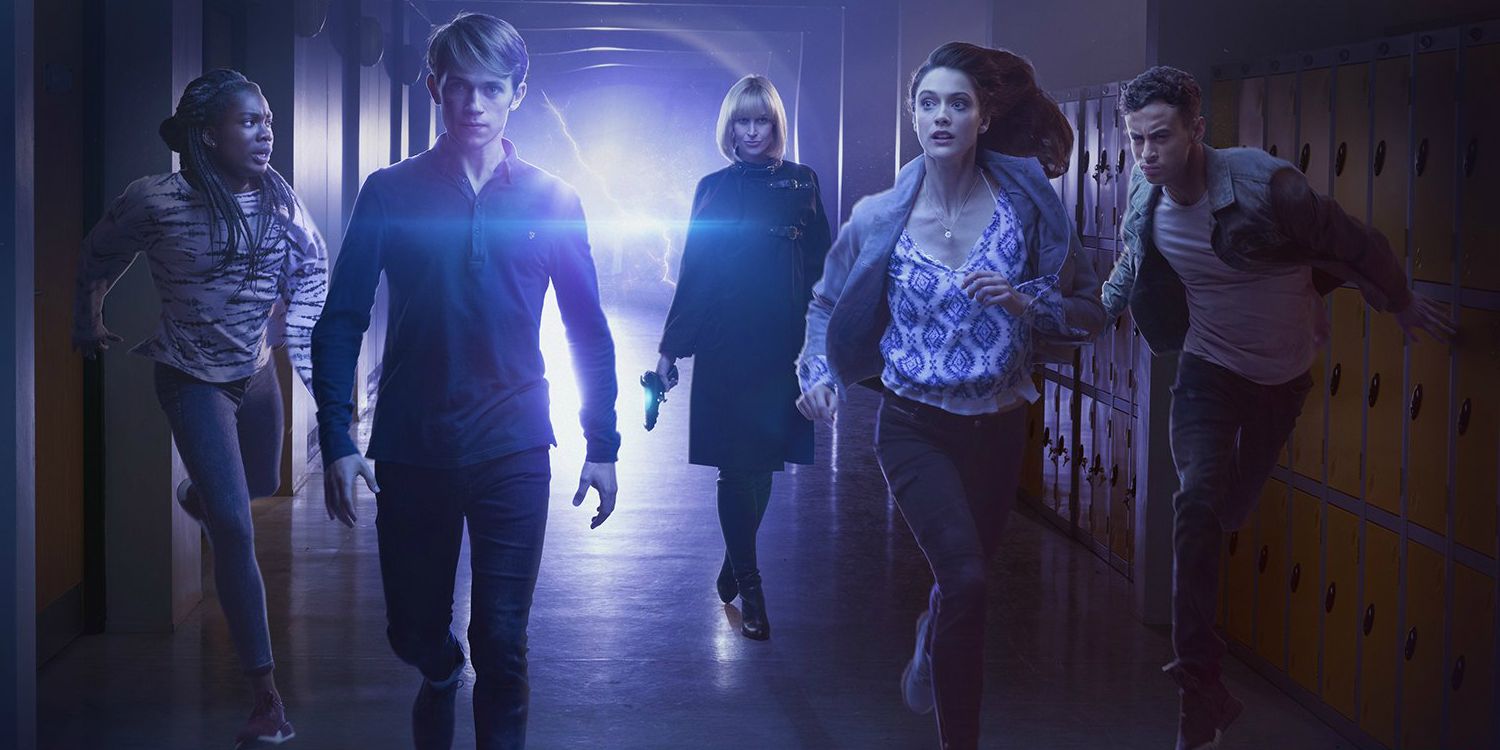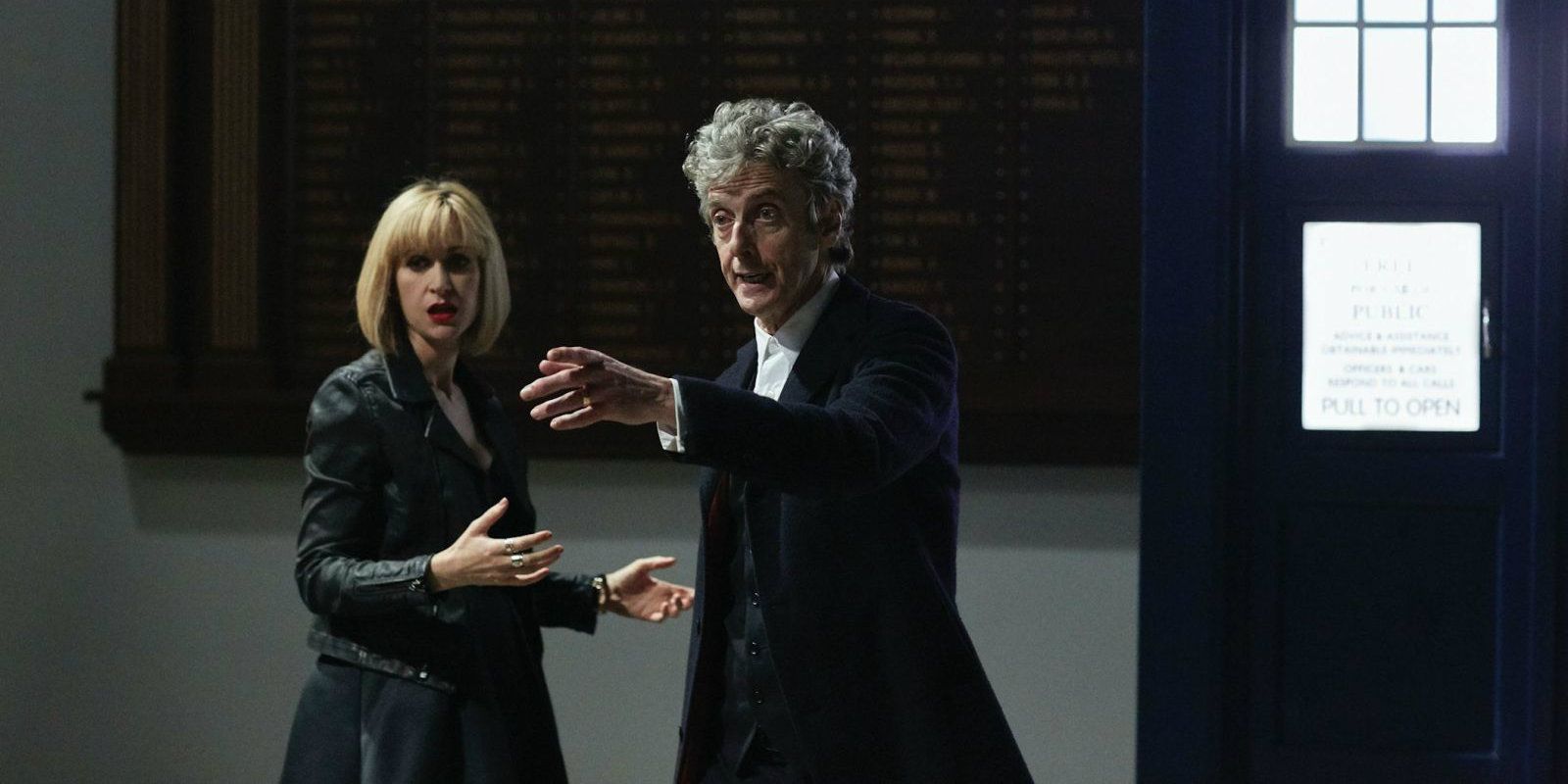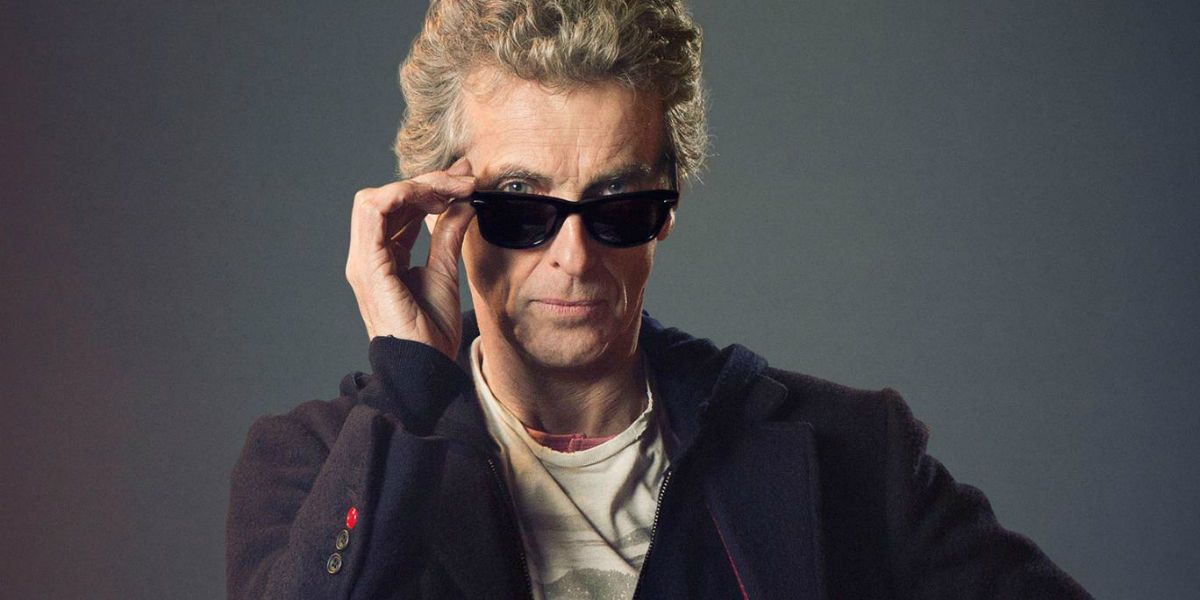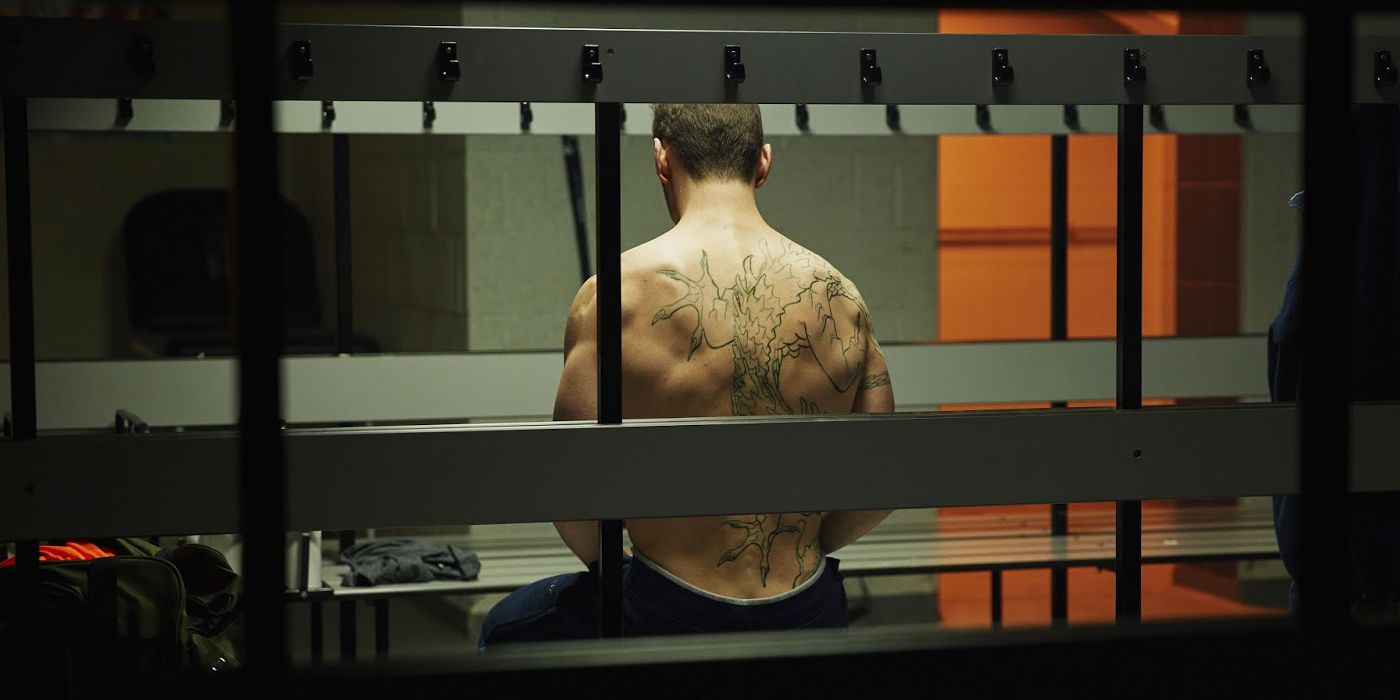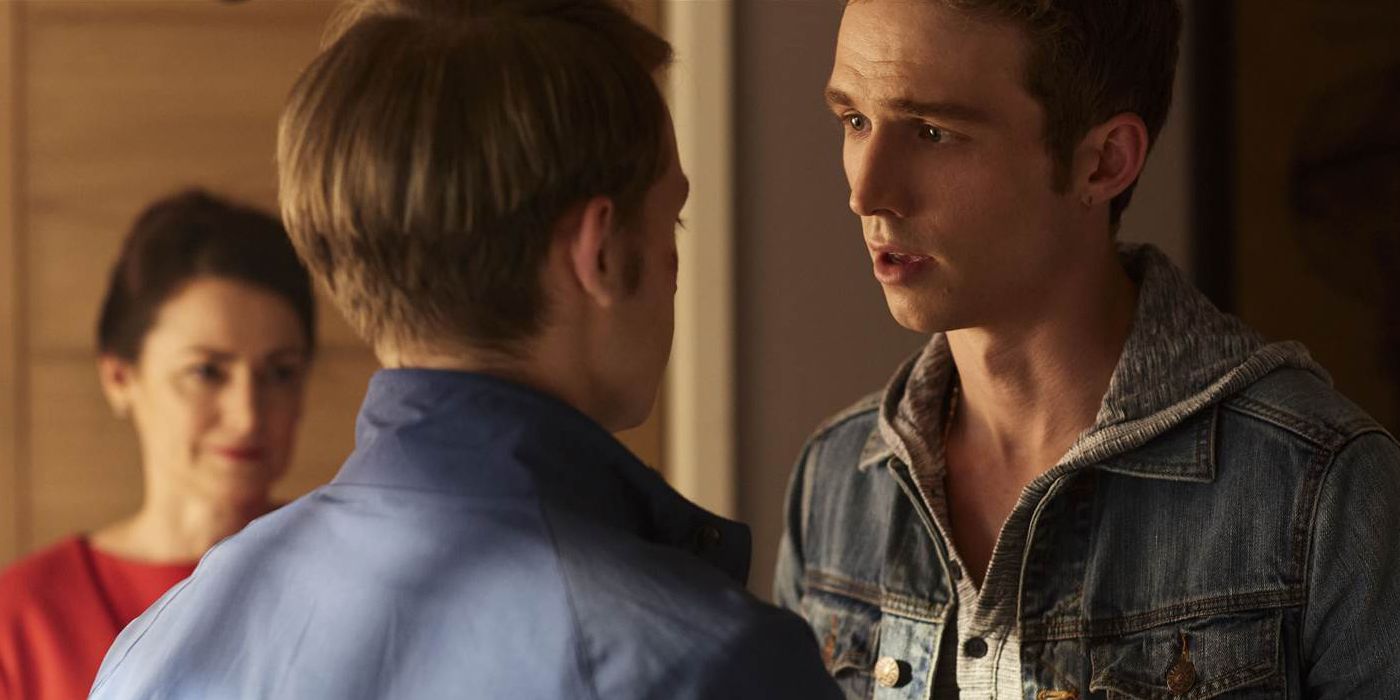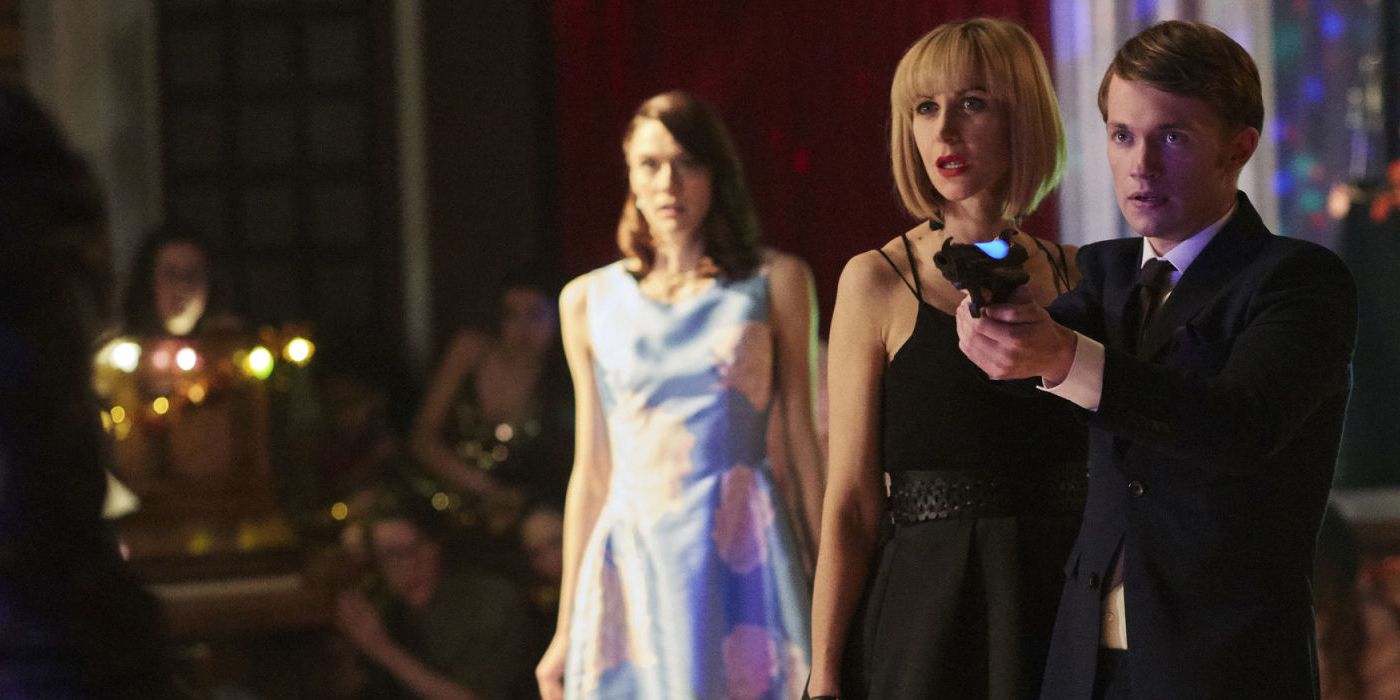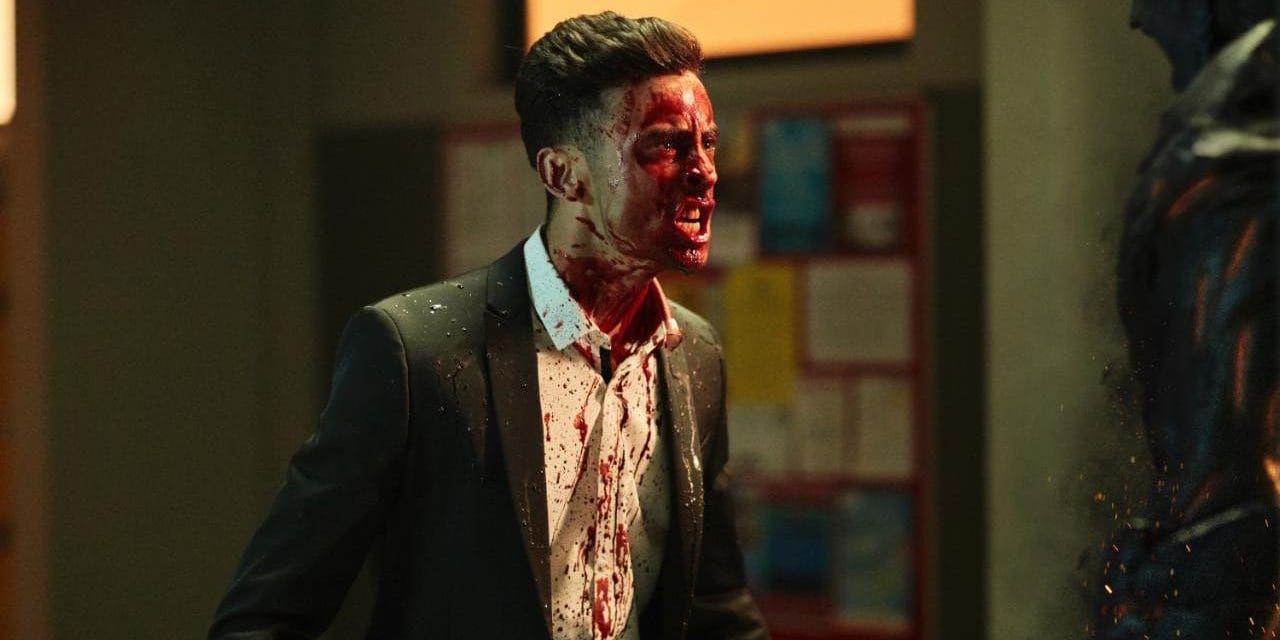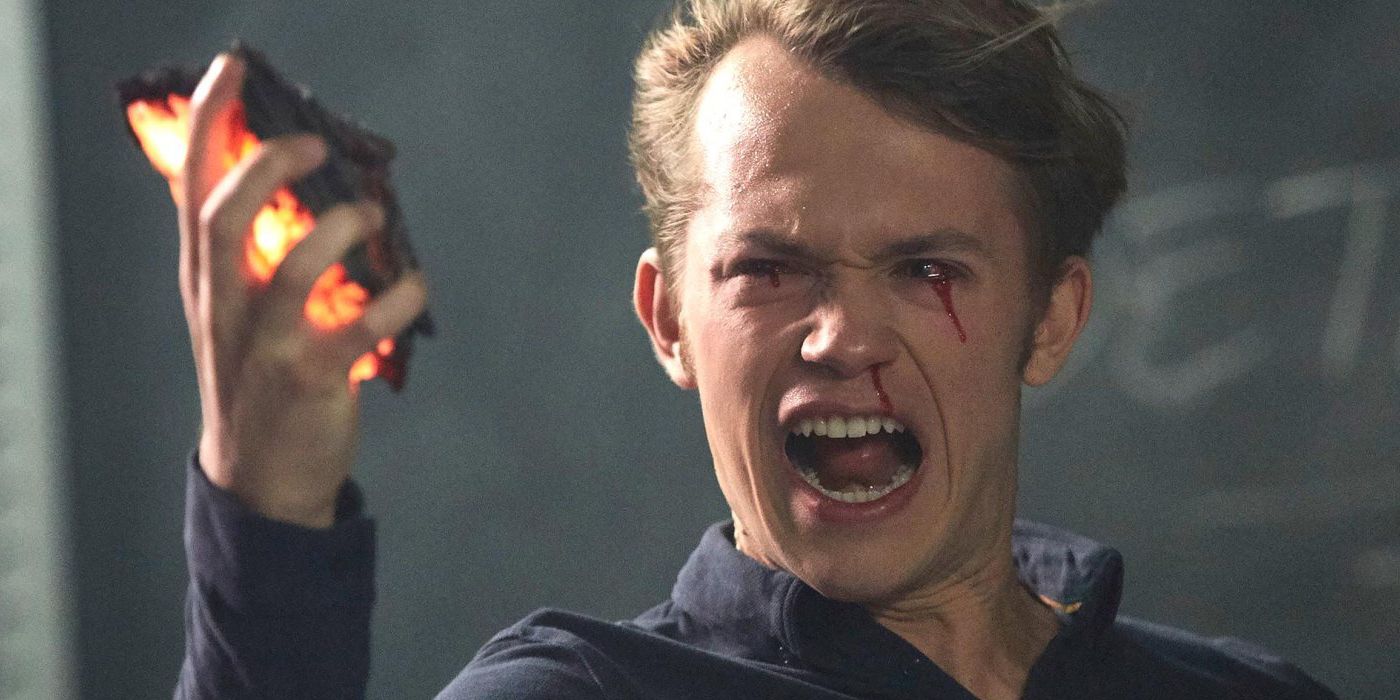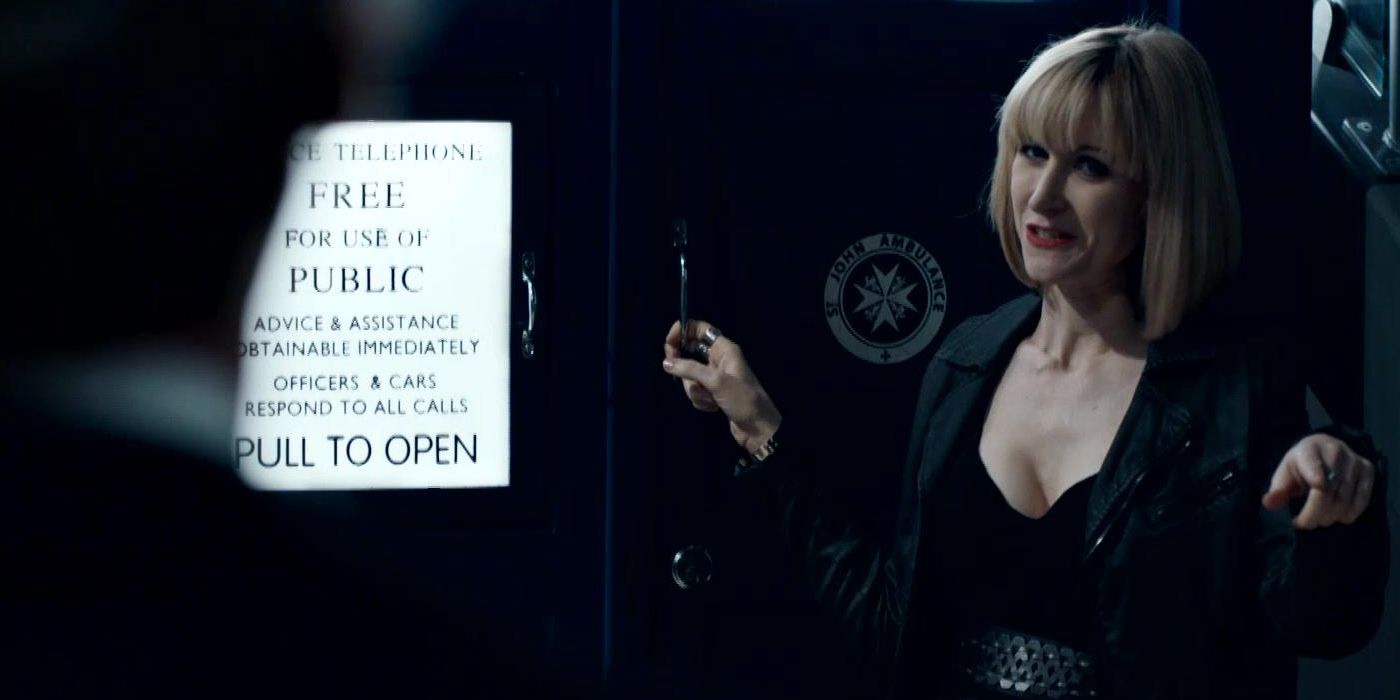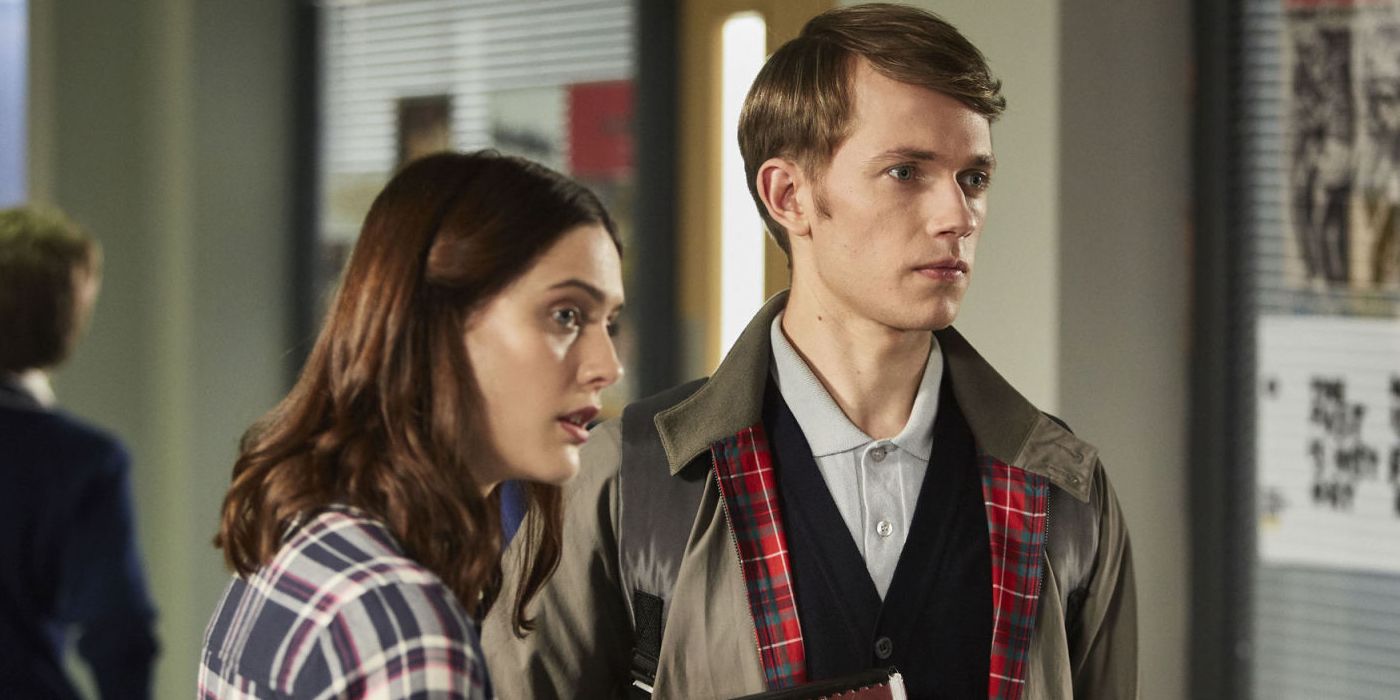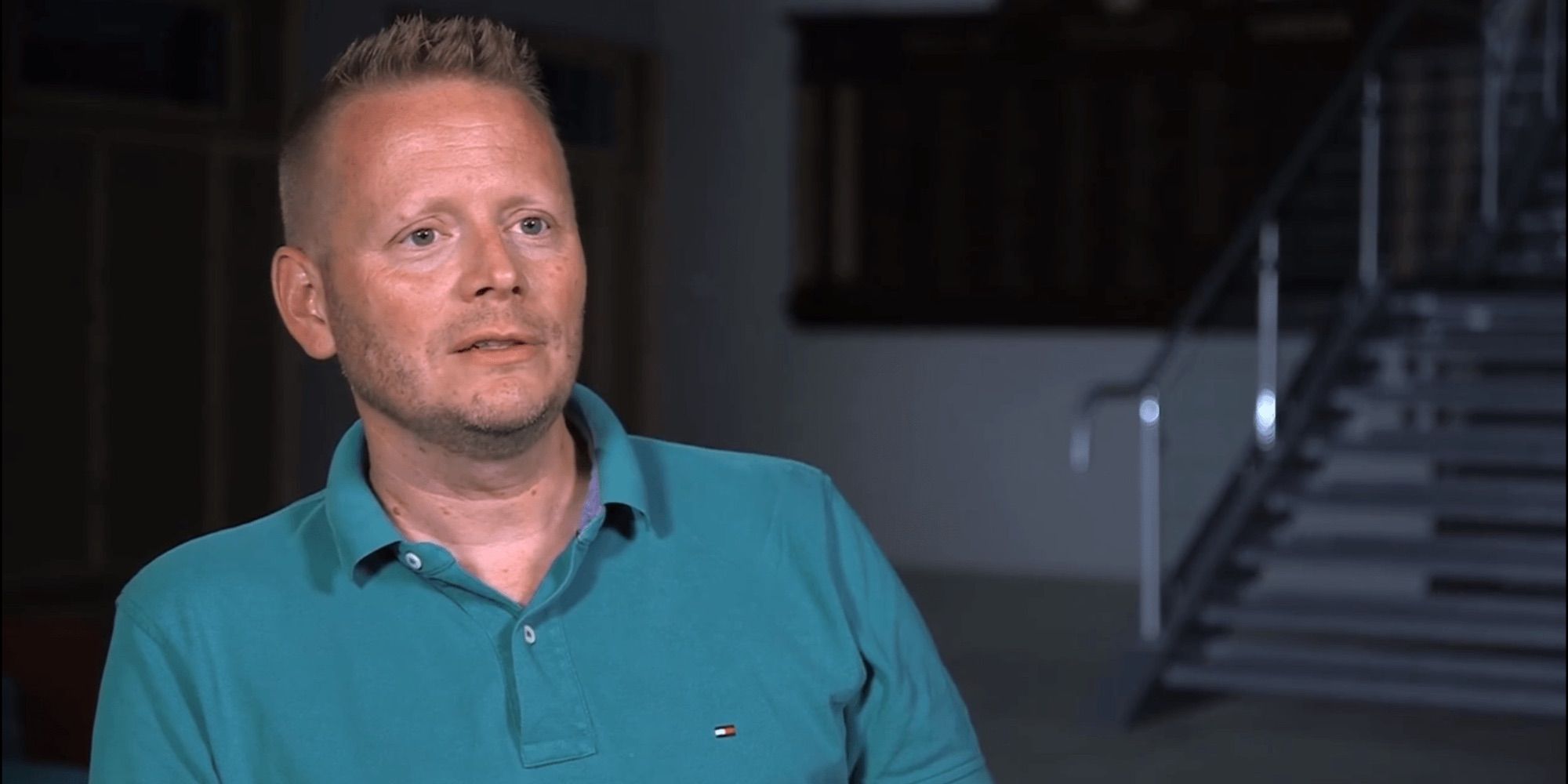How does one truly compete with the Doctor? Not just in terms of physically going toe-to-toe with him, but in terms of entertainment. For over fifty years, Doctor Who has been a staple in British television, and ever since it was brought back to life in 2005, its fame has been crossing borders, earning international fame of the oftentimes spastic variety. To be a Doctor Who fan (or a Whovian, if you don't mind the moniker) is to be fairly obsessive, so it's safe to say that the series has concocted something of a perfect recipe for crafting an arguably perfect show. So, with all of that being said, can it be topped?
Over the years, Doctor Who has seen its fair share of spinoffs (Torchwood, The Sarah Jane Adventures), but 2016 introduced the most recent attempt to expand the "Whoniverse" in the BBC sci-fi television series, Class. On one hand, it may just seem like a cheap attempt to take advantage of Doctor Who's thunder, but in actuality... it does a serviceable job. In fact, in some cases, it even gives Doctor Who a run for its money. So, even if you're a Doctor Who purist at heart, you might want to consider having an open mind and discover 15 Things Class Does Better Than Doctor Who.
15. Buffy The Vampire Slayer Vibes
When Class was first announced, the BBC revealed that the show's main source of inspiration (aside from Doctor Who, of course) would be Joss Whedon's '90s genre-splitting, monster-heavy Buffy the Vampire Slayer. Naturally, this was met with approval, and all that the BBC had to do was make sure that they lived up to their claim. Thankfully, they did.
Class has sincere Buffy the Vampire Slayer vibes — monster-of-the-week, dry, adolescent humor, teenagers dealing with problems well beyond normal teenage abilities — and it pays off. This approach makes the show feel like a refreshing sidekick to the series it was based on, stealing bits from the original, while also injecting some new ingredients. Not unlike Buffy, Class is the adolescent equivalent of a TV series. It's dramatic, weird, and slightly experimental, and that's exactly why it works.
14. Wider Multiracial Variety
Doctor Who has always been pro-diversity. Be it diversity through its human characters or alien, it takes pride in representing all walks of life. Where Class excels, however, is in its placement of diverse characters. Instead of pawning off people of color predominantly to supporting roles, Class puts everyone front and center, depicting a more realistic vision of the world (even though the plot of the series is anything but).
Doctor Who has definitely taken strides to improve itself in the casting department, but Class has beaten it to the punch. This is a modern high school in the UK. If the BBC gave audiences a predominantly white cast, then that alone would have easily been the most fictional aspect of the show, even against a backdrop of giant lava monsters.
13. It's Genuinely Disturbing
Building stakes in a television series usually takes time. The premise is new, the characters are new, and the expectations are all over the place. Especially when the show is a spinoff of a 54-year-running sci-fi series about time travel and space battle/exploration, emotional stakes don't always seem like a given. Not unless you're a hardcore fan, at least.
With Class, however, the turmoil, drama, and stakes are set to 11 (casual, unrelated nod to This Is Spinal Tap), and as a result, the disturbing factor is cranked up to the extreme. If you thought that Class was just a casual dip into the Doctor Who spinoff pool, you were wrong. It's genuinely disturbing, and it earns the right to be, even as early as in the first episode. When you're given realistic, likable characters, and then witness them suffering through torture, genocide, and point-blank murder as casually as you've seen them suffer through a difficult teacher, it's earned. Class is not your typical kid-friendly sci-fi romp.
12. It's Confident With Its Campiness
There's an awful lot of gritty realism in television these days, and you can thank (or blame) the integrity that television has earned over the years. Audiences have come to expect quite a bit from TV, so it's not as easy to get away with throwaway episodes anywhere. Audiences have high expectations, and they won't settle for anything less than excellent. In most cases, at least.
In some cases, audiences crave shows that aren't trying too hard to take themselves seriously — and Class is one of those shows. There's a considerable camp-factor in this series, and it's perfectly welcome. While Doctor Who has been doing its best to fit in with modern audiences, Class has a different sort of agenda. Not unlike the aforementioned Buffy the Vampire Slayer, Class is perfectly confident with its campiness, which is exactly why it works better than some Whovians were afraid it wouldn't.
11. It Features Capaldi's Best Entrance
When Peter Capaldi first entered the Doctor Who universe, it was tumultuous at best. He basically entered the show on a sneeze, and from Matt Smith's final episode to the entirety of season 8, Capaldi's presence was a bumpy one. Audiences had some trouble adjusting to this new Doctor (even though he settled in quite nicely by the following Christmas special and onward), so in terms of making an entrance... it was a bit lost in the transition.
What makes his entrance work so well in Class relies on the two seasons of setup. By the time he shows up by the end of the first episode, he's one hell of a welcome character, considering all of the extraterrestrial madness that these new characters just experienced. When the sound of the TARDIS starts whirring off-screen, it signals the company of an old friend, and when Capaldi enters the frame, it couldn't be any more satisfying. He's not so much passing the torch, but setting up an offshore account (so to speak) and in doing so, he sets up the show's characters, as well as the audience, for what's to come — and it's brilliant.
10. Nudity
If you don't mind throwing maturity out the window for a moment, let's take a moment to appreciate the unexpected nudity that Class is unashamedly putting on screen. Mind you, these moments of nudity are rarely significant to the plot, but that's not what's important here. What matters is that there are considerably long shots of butts — which may as well serve as a litmus test for whether or not something is good or not.
Upon starting Class, you might assume that the younger characters might equate to more family-friendly fare, but that isn't the case at all. In fact, when the show can get away with more mature content, it does so, and it doesn't bother holding back. That would explain why there is a shot of a considerably fit soccer coach from behind while he's taking a shower. Nudity may not be the main draw for most Whovians, but let's not kid ourselves... it certainly doesn't hurt.
9. The Sass Is Strong
When it comes to comedy, Doctor Who does its best. But let's be honest with ourselves — this is a show, great though it may be, that excels in lovable characters and science fiction/fantasy, not laughs. Mind you, it can be funny when it wants to be, but for the most part, the comedy is based off of awkward character quirks, whereas Class's approach is a bit different.
Between a hot-headed alien and a group of teenagers, it shouldn't come as much of a surprise that the comedy in this show would rely heavily on sass, which makes this angle one of the more relatable aspects of the show. Representing a modern audience, one that happily dabbles in a sort of self-deprecating arrogance, it's only natural that sass would play a significant role. But in the best way possible.
8. Confidently Handles LGBT Characters
Doctor Who isn't shy about siding with the LGBT community. In fact, over the course of the series, it's given audiences characters who are openly gay (Bill Potts), offhandedly bisexual (Clara Oswald), and happily omnisexual (Captain Jack Harkness). Still, the balance hasn't ever felt quite right. It either feels too shoehorned or too vague, but with Class, that awkward approach has gone out the window.
Class has a gay character, and he's given just as much attention to his personal life as any other character might, no matter their sexuality. Now, a show's LGBT-friendly merits shouldn't be based off whether or not they're willing to show a gay sex scene or even a gay kiss, but it certainly helps normalize things, that's for certain. The character is gay, and then we move on. Simple as that. Doctor Who has by no means done anything wrong, but Class has simply done them one better.
7. Limited, Intimate Setting
Audiences love Doctor Who for the journey it takes them on. Want to see Cantabulous Nine or Ursulonamex? Care for a trip to Lake Silencio? The TARDIS will gladly take you there. The thing is though, where Doctor Who may benefit from wandering about the universe, Class excels in its limited setting. Instead of focusing on the initial wonder of visiting somewhere new, Class is all business and gets right to the point, what with it staying put and all.
Not unlike Buffy the Vampire Slayer (a reference that will always have a seat at the table when it comes to discussing Class), this show stays put (for the most part), and it's at its best when it does so. Instead of physically taking the characters somewhere new, it does so on a more emotional level; it does so on a more relatable level. Audiences have never been to space, but they have been to high school...
6. It's Ridiculously Gory
If you entered Class expecting the same kind of off-screen brutality that Doctor Who is known for, then you were likely in for quite a shock once one of its main characters is sprayed with what seems to be every ounce of his prom date's blood. However, next to later episodes in the season, that scene is tame by comparison. The BBC wasn't kidding when it said it wanted to take a more mature approach to the Doctor Who universe — it's just that audiences probably weren't expecting to see characters literally flayed by a dragon tattoo monster and left a bloody, fleshy mess in front of unsuspecting characters (as well as an equally unsuspecting audience).
Class may not be on the same level of something like Game of Thrones, but don't let its Doctor Who backdrop fool you. This show is ridiculously, unapologetically (and maybe even a little exploitatively) gory.
5. It's For A More Mature Audience
To sum things up in terms of the theme of the show, maturity is front and center. If you're a Doctor Who fan, then you will be, by all means, happy to see where else this universe can take you. However, that mostly just applies to older audiences (which is to say, anyone old enough to handle gore, cursing, nudity, and simply overall darker themes). This is by no means The Sarah Jane Adventures, to put things simply.
Basically, even though this is Doctor Who going to high school, it represents a more grown-up take on the series. Gone are the Slitheen (aka The Fart Monsters), and replacing them are skin-sucking dragons, among other things. Death tends to take a backseat to adventure in Doctor Who, but in Class, it's looming over its characters episode after episode, reminding audiences that, yes, even though this is fiction, the stakes are very much set in reality.
4. Addresses The Bechdel Test
Of the many issues in the entertainment industry, the passing and failing of the Bechdel test stands front and center. Basically, if you're not familiar with the Bechdel test, it refers to however stereotypical a movie or show may be towards its female characters. The movie or show will get a passing grade if it can depict its female characters is a light that is far from sexist, but this is sadly rarely achieved, proving time and time again that female characters deserve better.
Doctor Who is hardly a villain among women, but Class definitely does it one better. In fact, in the very first episode, the characters even blatantly refer to the test (despite calling themselves out for failing it), so it goes to show that creator Patrick Ness by no means wants to stand on the wrong side of history when it comes to depicting women on screen.
3. A Fresh Voice
Speaking of Patrick Ness... Class is in good hands. The award-winning writer is new to the Doctor Who universe, but he has already to proven to fit in quite comfortably. Most recognizable for his novel, A Monster Calls, which was just adapted into a film from J.A. Bayona this past December, Ness is a fresh voice that this particular universe may not have been in desperate need of, necessarily, but benefits from all the same. Also the author of the Chaos Walking trilogy, Ness knows how to write younger characters dealing with real-life problems.
Some audiences have complained about Steven Moffat's overall take on Doctor Who and, even though he's passing the reigns to Chris Chibnall for the upcoming eleventh season, Ness is a welcome shift to the mix that audiences are already happy to tag along with.
2. Better Banter
The Doctor has such a vast knowledge of just about everything that when it comes to dialogue in Doctor Who, it's more a series of How To guides and casual Q & A's between the Doctor and his companions than anything else. This isn't necessarily a bad thing (part of show's fun is listening to the Doctor tell us things that we never knew with perspectives we may have never considered), but Class still excels in the banter department.
With each character being so radically different from the next, it offers some considerable range in conversations. Instead of questions and answers, you get escalating quips and backhanded comments. This allows the show to run at a pace that Doctor Who doesn't quite reach most of the time, and for that, it deserves the unofficial Banter Board of Approval badge.
1. More Realistic Representation Of Teens
Writing teenage characters isn't a simple feat. In case you haven't noticed through the countless movies and television shows depicting them, some writers haven't quite done them a fair amount of justice. They're either underwritten, overwritten, or simply poorly written, which is why so many depictions of teenagers feel cheap, wasted, and lame. But then you get something like Class and, finally — *enjoys the breath of fresh air* — the "Writing Teenage Characters" formula seems to have been perfected.
The characters in Class aren't perfect, but that's the point. That's what makes them so real. Patrick Ness seems to understand what made the Brat Pack work so well back in the '80s (though it's hopefully safe to admit, even John Hughes' depictions weren't quite as perfect as history seems to remember). So, Doctor Who, have fun with your throwaway teenagers, because Class seems happy to be lightyears ahead of you in that department and will gladly take the reigns from here.
--
If this claim that Class could be better than Doctor Who seems at all sacrilegious to you, then by all means, sound off in the comments and make your voice heard!

